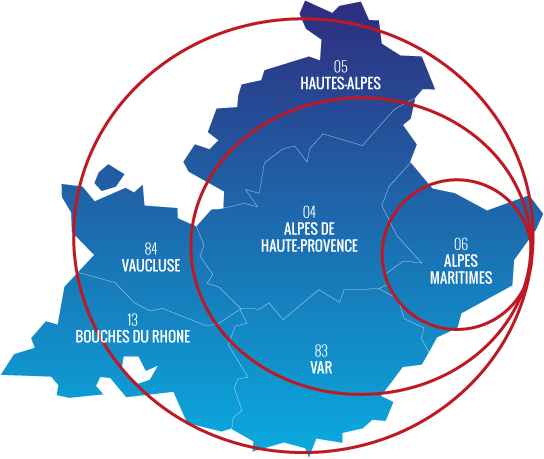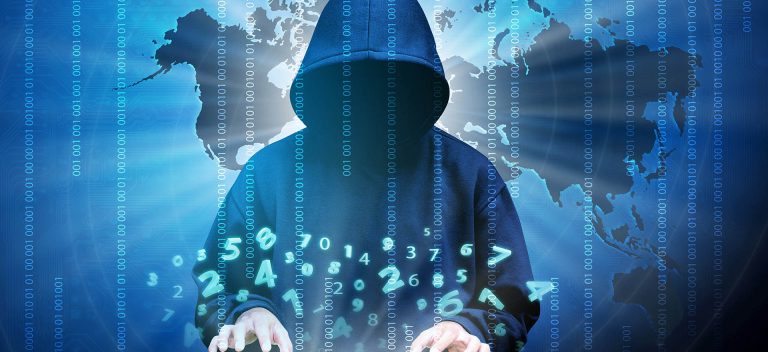Global Safety, private security company
Your Security, Our Priority on the French Riviera
For over 15 years, Global Safety has been protecting your assets, loved ones, and events with proven expertise and tailored services to meet every need.
Global Safety: Premium Security Services
15 Years of Excellence Dedicated to Your Peace of Mind

Founded in 2008, Global Safety is a private security agency specializing in high-end solutions. Based on the French Riviera, our mission is to deliver bespoke services tailored to the demanding needs of individuals and businesses. From villa surveillance and close protection to event security and strategic monitoring, every service reflects our commitment to reliability, discretion, and expertise.
Our clients, whether owners of prestigious villas, event organizers, or executives of sensitive enterprises, trust Global Safety as a reliable partner. With a highly skilled team and innovative solutions, we are dedicated to safeguarding your assets and ensuring your peace of mind in every situation.
At Your Service
Each client benefits from personalized support and clear recommendations tailored to their unique needs.
Responsiveness
Global Safety responds to alerts in real time. Our agents are available 24/7 to ensure optimal handling and guarantee your peace of mind.
Confidentiality
We uphold the strictest confidentiality for all information, procedures, and practices during our interventions, ensuring your security and discretion.
Excellence
Global Safety adheres to the highest quality standards and commits to continuous improvement in all its operations.
Security Services Across the French Riviera

We operate swiftly and efficiently throughout the French Riviera, from Monaco to Cannes, including Nice and the Alpes-Maritimes region. Whether you’re an individual, a business, or an event organizer, Global Safety ensures local presence and expertise tailored to your environment.
Our teams are also prepared to undertake international assignments, whether short-term or long-term, delivering the same level of professionalism and precision.
Protect what truly matters
Starting today
Contact us for a personalized quote tailored to your security needs.
Our dedicated team will respond within 48 hours.










